
Deniz ÜNVER
Independent Researcher
Until the dissolution of the Union of Soviet Socialist Republics (USSR), Türkiye’s contacts and connectivity in the region were relatively low. Nevertheless, the dissolution of the USSR in 1991 made a turning point between the relations of Türkiye and the Central Asian Republics. The dissolution of the USSR resulted in the independence of five Central Asian countries: Kazakhstan, Kyrgyzstan, Turkmenistan, Uzbekistan and Tajikistan. Ankara was the first to recognize the independence of those countries, and was also quick to build relations with those countries.
It is noteworthy that the aim of Türkiye to build relations with those countries was supported by the Western Word and Western institutions such as NATO, the EU, and others. For instance, George Bush (Sr), then President of the United States, emphasized that Türkiye is a model for the newly independent Turkic Republics.[1]. In addition to the words of former US President Bush, former NATO General Secretary Manfred Wörner located Türkiye as an example for the Turkic Central Asian Republics due to its secular society, democratic political system and opposition to radical movements. [2]. Within this context, it can be understood that the West initially backed the presence of Türkiye in Central Asia, but was not sustained later on.
In this sense, the 1991 visit of Turgut Özal, then President of Türkiye, to the region justified the wish of Türkiye to build close ties and pragmatic relations with the region.[3].
Ankara’s first contacts with the region has started with the activities of Turkish Cooperation and Development Agency (TIKA). TIKA was established in 1992 in order to transmit development assistance to Central Asian Republics[4]. Ever since 1992, TIKA has been operating in the region through its assistance[5].
In addition to the efforts of TIKA, in 1992, leaders of the Türkiye, Azerbaijan and the Turkic Central Asian Republics gathered in Ankara in order to form a new model of cooperation. Ankara Declaration, which started a new era in the Türkiye-Turkic Republics relations, was promulgated at the end of the meeting.
The Ankara Declaration started the period of meetings between Türkiye and Turkic Republics under the heading of Meetings of the Turkish Speaking Countries' Heads of State, which Türkiye, Azerbaijan, Kyrgyzstan, Kazakhstan, Türkmenistan and Uzbekistan attended. Then, Türkiye and the Turkic Republics organized six meetings between 1994-2006 for the Turkish Speaking Countries’ Heads of State.[6]. In 2009, the cooperation between Türkiye and Turkic Republics resulted in the emergence of a new institution named the Cooperation Council of Turkic Speaking States or the Turkic Council, with the Nakhchivan Agreement. The Nakhchivan Agreement is crucial for the relations between Türkiye and the Turkic Republics as it gives the Turkic Council its intergovernmental and institutional structure. Until 2021, the Turkic Council has provided many areas of cooperation, such as in culture, economy, education, energy and others, through joint activities and ministerial-level meetings. Indeed, the efforts of the Turkic Council strengthened the relations between Türkiye and the Turkic Republics in many areas. In 2021, the Organization changed its name to the Organization of Turkic States (OTS) in the eighth annual Summit of the Organization in İstanbul. Through the activities of the OTS, Türkiye has been strengthening its bonds with the region and improving its relations with the countries in Central Asia.
The process of building relations with the region has started with establishing cultural and educational cooperation with the countries of Central Asia, as Türkiye and the Central Asian republics share the same language and culture. Therefore, building cultural ties was relatively more straightforward than forming economic cooperation with the Central Asian countries, as the economic capacity of Türkiye was insufficient to reach the region back then.
Organization of Turkic Culture (TURKSOY) and Turkic Culture and Heritage Foundation were established to further cultural cooperation between Türkiye and Turkic Central Asian Republics and Azerbaijan, as well.
To start with, TURKSOY, which is often called the UNESCO of the Turkic-speaking world, was established in 1993[7] In order to intensify cultural cooperation between the Turkic-speaking countries. TURKSOY, which is an umbrella institution under the OTS, realizes a wide range of activities, such as organizing arts and cultural events in different countries, commemorating important peoples from the Turkic World such as Chingis Aitmatov, Aşık Veysel, Haldun Taner, celebrating Nevruz Events in the world capitals and organizing academic conferences in universities. Also, TURKSOY publishes books such as The Manas Legend to promote the Turkic Culture and organizes youth projects such as Youth Chamber Choir. Through the activities of TÜRKSOY, Türkiye implies soft power in the region by presenting and teaching its famous authors, artists and notable people.
Besides, Turkic Culture and Heritage Foundation, which was established in 2012 in Astana, was founded in order to protect, study and promote the Turkic Culture for the younger generations[8]. The activities of the Turkic Culture and Heritage Foundation can be summarized as organizing seminars, workshops, conferences, and exhibitions on Turkic culture, providing funds for projects, festivals or seminars, supporting training specialists to protect and preserve the historical items belonging to the Turkic culture[9]. Turkic Culture and Heritage Foundation also provide Türkiye with diligent work to strengthen cultural ties with the central Asian countries.
Moreover, there exists cooperation in education between Türkiye and the Turkic Republics of Central Asia. For instance, Türkiye has carried out scholarship programs such as Türkiye Scholarships for the students and academic staff in Central Asian countries. In addition, students from Türkiye and Central Asian Republics can pursue their education in one of those countries through Orkhun Exchange Program. Through those scholarship programs, Türkiye exhibits soft power in the region. Thus, joint universities exist International Hoca Ahmet Yesevi Turkish-Kazakh University and Kyrgyz-Türkiye Manas University. Those universities are indicators that Türkiye and Turkic Republics have intensified cooperation in education.
Furthermore, Türkiye has built economic ties with the region since the early 1990s. In 2022, Türkiye’s trade with Central Asian countries increased to approximately 12.33 billion dollars[10]. However, it can be said that this amount is under its potential. Even though the trade turnover between Türkiye and Central Asian Countries is under its potential, Ankara tries to improve economic relations with Central Asian countries through ministerial-level meetings. As a matter of fact, Turkic Business Council, another umbrella institution under the OTS, gathers business people from Türkiye and the Turkic Republics to enhance trade between the member countries through organizing annual meetings, seminars, conferences and round table meetings. It is worth mentioning that Türkiye is an active participant in the Business Council meetings. It can be included that the economic relations between Türkiye and the Central Asian countries will improve further in the future due to the Middle Corridor and China’s Belt and Road Initiative (BRI).
In general, it can be said that Türkiye has built cooperation in culture, education and economy with the Central Asian countries at a significant level. At first, Türkiye reached the region through the assistance of TIKA, and then, the OTS intensified the relations between Türkiye and the Turkic Republics. Furthermore, Türkiye has signed several bilateral deals with the Central Asian leaders including defense and trade agreements since 1990s. For instance, the 2022 visit of Turkish President Recep Tayyip Erdoğan to his Uzbekh counterpart resulted in the signing of ten agreements[11].
Through those efforts, Türkiye has become a crucial actor in the region. Türkiye’s relations with Central Asia are important as the region is gaining strategical significance due to its location and energy resources. It is expected that the cooperation among the countries of the Turkic World will continue to develop in the years to come.
*Picture: https://geopoliticalfutures.com/turkey-reaches-out-to-central-asia/
[1] Fidan, Hakan. "Turkish foreign policy towards Central Asia." Journal of Balkan and Near Eastern Studies 12.1 (2010), p. 113.
[2] Fidan, Hakan. "Turkish foreign policy towards Central Asia." Journal of Balkan and Near Eastern Studies 12.1 (2010), p. 113.
[3] Ibid, p. 112.
[4] “Türkiye’s Relations with Central Asian Republics”, Republic of Türkiye Ministry of Foreign Affairs, https://www.mfa.gov.tr/turkiye_s-relations-with-central-asian-republics.en.mfa
[5] Ibid.
[6] AMİRBEK, Aidarbek, Almasbek ANUARBEKULY, and Kanar MAKHANOV. "Türk Dili Konuşan Ülkeler Entegrasyonu: Tarihsel Geçmişi ve Kurumsallaşması." Bölgesel Araştırmalar Dergisi 1.3 (2017), p.168
[7] Yesevi, Çağla Gül. "Examining the Organization of Turkic States: A Teacher and Norm-Creator." PERCEPTIONS: Journal of International Affairs 27.1 (2022). p.10.
[8] “Turkic Culture and Heritage Foundation”, Organization of Turkic States, https://turkicstates.org/en/iliskili-kurumlar/turkic-culture-and-heritage-foundation_5
[9] Ibid.
[10] “Türkiye’s 2022 Central Asian Trade Reaches Over US12$ Billion”, The Middle East Eye, January 12, 2023, https://www.middleeastbriefing.com/news/turkiyes-2022-central-asian-trade-reaches-over-us12-billion/
[11] Genevieve Donnellon May, “Türkiye’s Growing Influence in Central Asian”, The Diplomat, October 13, 2022, https://thediplomat.com/2022/10/turkeys-growing-influence-in-central-asia/
© 2009-2025 Avrasya İncelemeleri Merkezi (AVİM) Tüm Hakları Saklıdır
Henüz Yorum Yapılmamış.
-
 SOVYET SONRASI DÖNEMDE TÜRKİYE’NİN ORTA ASYA’DAKİ YERİ - 12.05.2023
SOVYET SONRASI DÖNEMDE TÜRKİYE’NİN ORTA ASYA’DAKİ YERİ - 12.05.2023
Deniz ÜNVER 12.05.2023 -
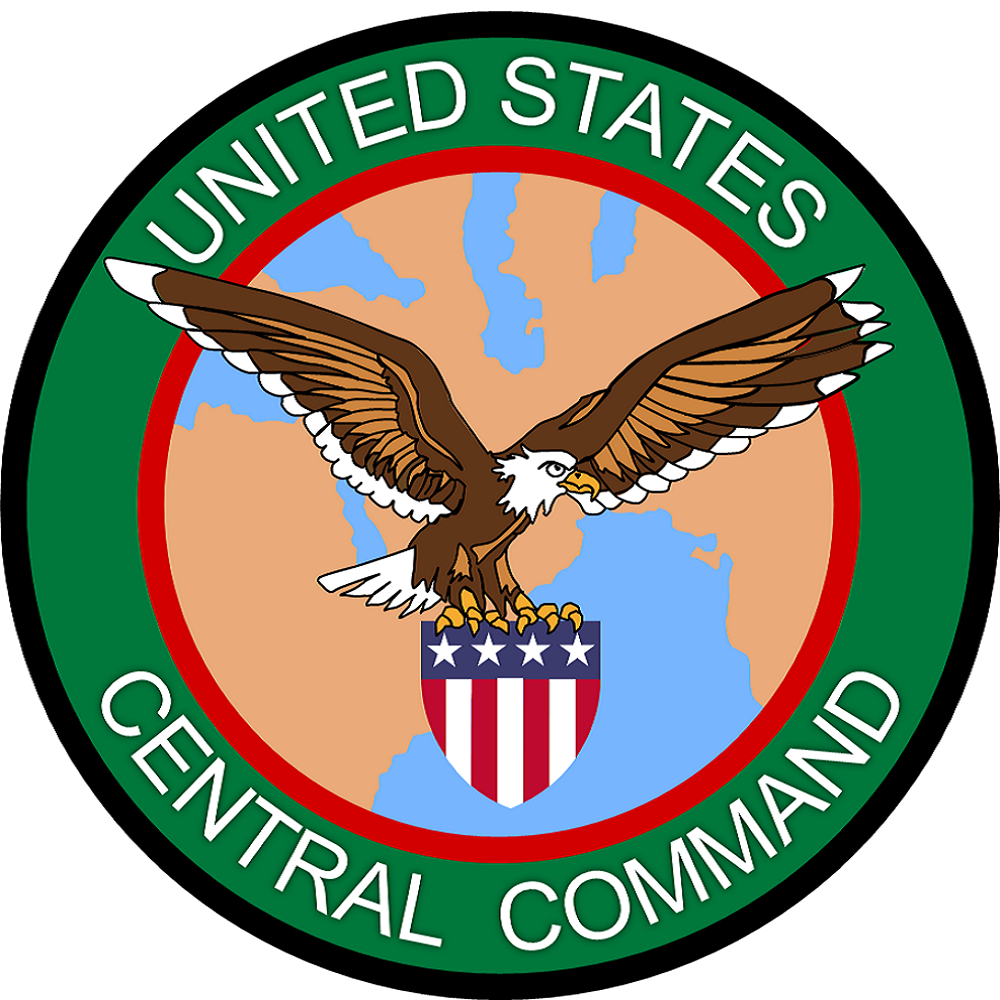 CENTCOM, EUCOM VE ABD'NİN TÜRKİYE İKİLEMİ - 17.10.2022
CENTCOM, EUCOM VE ABD'NİN TÜRKİYE İKİLEMİ - 17.10.2022
Deniz ÜNVER 17.10.2022 -
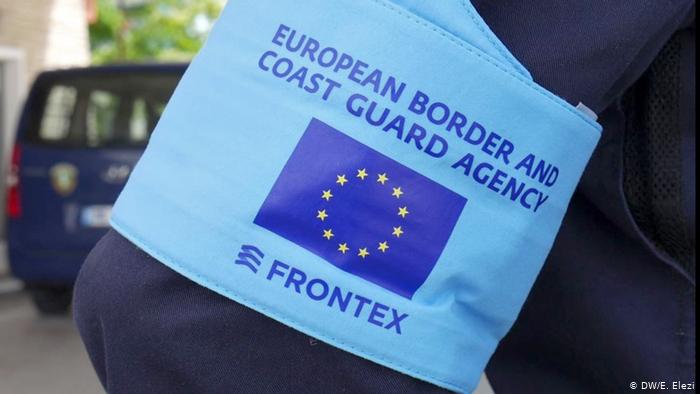 HUMAN RIGHTS VIOLATIONS OF THE REFUGEES: THE CASE OF FRONTEX AND THE EU - 14.09.2021
HUMAN RIGHTS VIOLATIONS OF THE REFUGEES: THE CASE OF FRONTEX AND THE EU - 14.09.2021
Deniz ÜNVER 14.09.2021 -
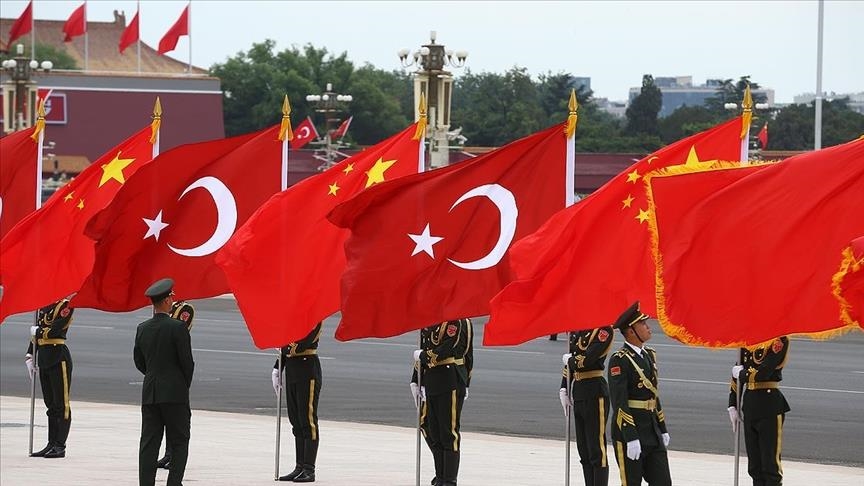 FURTHER ANALYSIS OF SINO-TURKISH RELATIONS - 10.03.2022
FURTHER ANALYSIS OF SINO-TURKISH RELATIONS - 10.03.2022
Deniz ÜNVER 10.03.2022 -
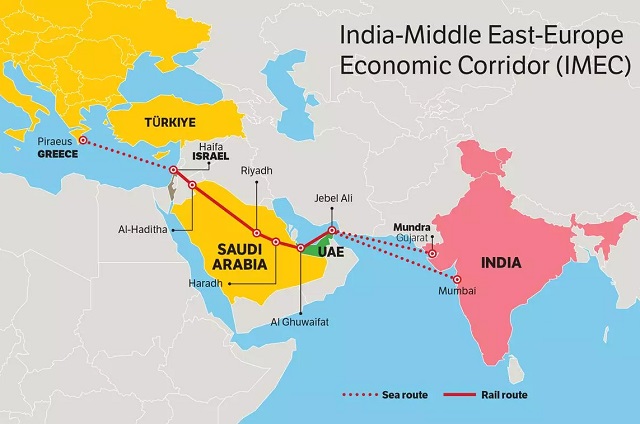 POLITICS OF ECONOMIC CORRIDORS - 13.12.2023
POLITICS OF ECONOMIC CORRIDORS - 13.12.2023
Deniz ÜNVER 13.12.2023
-
İRAN’IN NÜKLEER TESİSİNDE PATLAMA (2/4)
Ata ATUN 31.01.2013 -
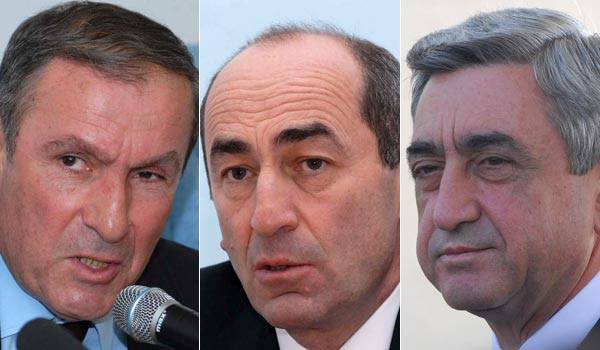 ARMENIA’S TRANSITION TO PARLIAMENTARIANISM: CHANGE OR CONTINUITY? - HÜRRİYET DAILY NEWS - 19.04.2018
ARMENIA’S TRANSITION TO PARLIAMENTARIANISM: CHANGE OR CONTINUITY? - HÜRRİYET DAILY NEWS - 19.04.2018
Turgut Kerem TUNCEL 19.04.2018 -
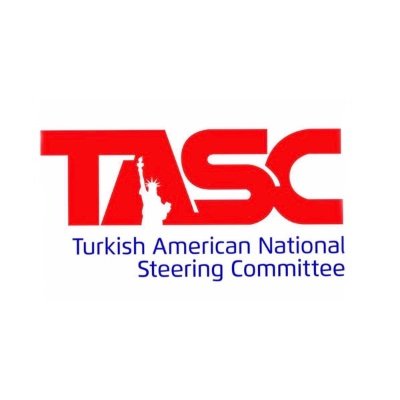 CALL TO ACTION: URGE CONGRESS TO OPPOSE ARMENIAN HOUSE RESOLUTION 296 - TASC - 24.10.2019
CALL TO ACTION: URGE CONGRESS TO OPPOSE ARMENIAN HOUSE RESOLUTION 296 - TASC - 24.10.2019
TASC 25.10.2019 -
 REGIONAL COMPREHENSIVE ECONOMIC PARTNERSHIP (RCEP): A FURTHER EXPLANATION - 10.02.2022
REGIONAL COMPREHENSIVE ECONOMIC PARTNERSHIP (RCEP): A FURTHER EXPLANATION - 10.02.2022
Deniz ÜNVER 10.02.2022 -
PROSPECTS FOR TURKEY’S POLICY TOWARDS THE SOUTH CAUCASUS - PISM - 18.03.2021
Arkadiusz LEGIEĆ 25.03.2021


